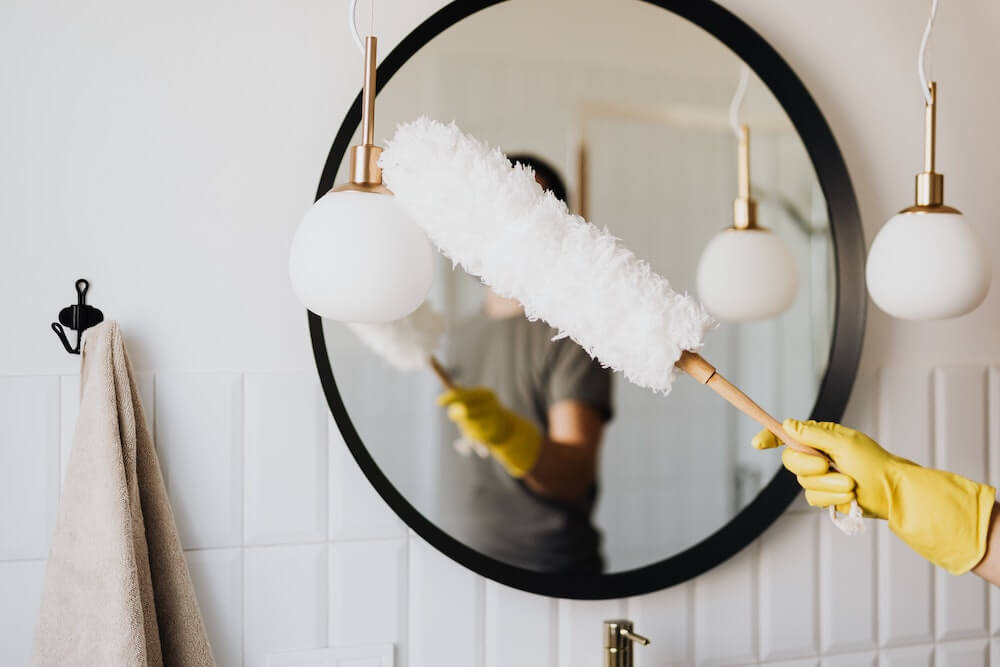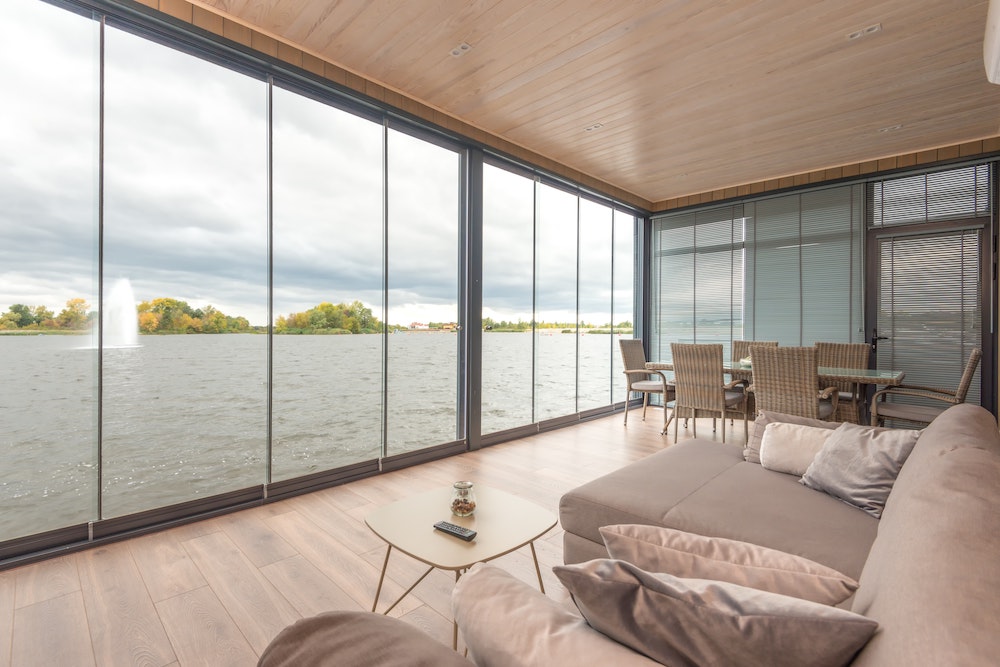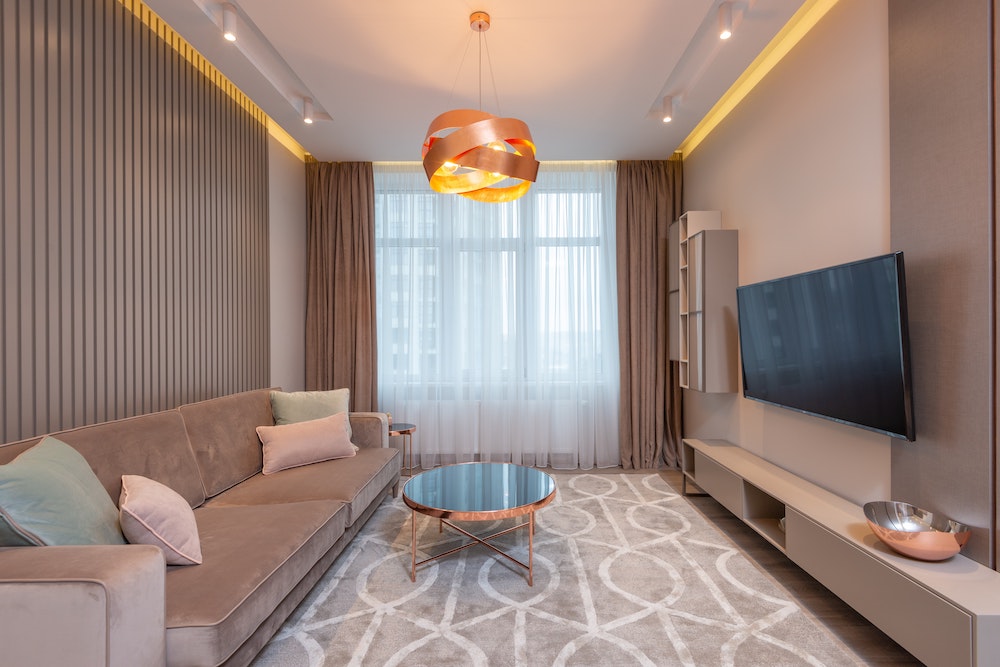If you’ve been thinking about investing in real estate, you may have considered flipping vs. renting and wondered which strategy would offer you the best return on your investment.
The short answer is that either of these types of investment could be an excellent way of boosting your income. However, is it better to rent or flip houses?
In this article, we will look at some of the pros and cons of flipping houses vs. real estate and how to work out which path is best suited to you and your financial goals.
What is house flipping?
Flipping is when a real estate investor buys a property, fixes it up or improves it and then sells it for a profit. The quicker you can sell the property, the better your chance of making more money.
So, how do you flip a house?
Ideally, you buy a property at lower than market value, repair or improve it and then put it back on the market for a much higher price.
This process usually doesn’t involve you living in the property and it is similar to running your own business. The more flips you do, the more money you potentially make and vice versa.
What is renting?
When you own a rental property, you are looking at a longer-term, more passive investment. So, don’t expect to make money quickly, but generally, your property may generate income consistently over a longer time period.
This is passive income. You buy a rental property and ensure it’s in a good condition at the outset. Once you have secured a tenant, you charge a monthly rental income.
Some rental property owners buy homes with the goal of turning them into vacation rentals, often listing them on online travel agencies (OTAs) such as Airbnb, Booking.com, Vrbo or Expedia.
So, is Airbnb more profitable than renting out a property, you may ask yourself.
The success of a vacation rental business depends on many different factors, including its location, the rental price and whether you have a good occupancy rate.
In this case, the owners are usually actively involved in managing the properties, although there are several vacation rental software solutions, like Lodgify, that make it easier to manage vacation rentals and help owners grow their businesses.
Wondering how much you could make by listing & managing a property like this? Try our free vacation rental income calculator!

To flip or rent a property: What is the difference?
The biggest difference between flipping and renting houses is that flipping requires active management, while rentals earn you passive income through a monthly or regular rent.
Flipping qualifies as active income, which means earning money through everyday or regular work. It is different from other types of investment in that it typically requires a lot of effort upfront to do up a home before you can flip it.
You may not do the hard labor yourself, but you will probably need to manage the project and, for example, get the necessary approvals and licenses for certain works from the appropriate authorities.
When you flip houses, you only make money when you flip a house, whereas when you rent out real estate, you are usually guaranteed a steady regular income until the property becomes vacant.
So, is it better to rent or flip houses?
To help you answer this question, we will now look at some of the pros and cons of flipping and renting to allow you to make a better-informed decision.
The advantages of flipping
A quicker return on investment (ROI)
When you flip properties as a business, you have the potential to earn a lot of money in a short space of time. The aim typically is to complete a deal within a few months (between 3 and 6 months) and if it works, you could get a great return on investment and make a significant profit.
Fewer property management tasks
As you don’t own the property long-term, you usually don’t have the hassle of having to collect rent or manage difficult tenants. You do have some initial costs related to getting the property into a fit state to rent out, such as renovation, marketing, insurance and utility costs during the time the property is registered in your name.

The disadvantages of flipping
Flipping could be risky
With flipping, you don’t have a steady income and the performance of your investment is linked to the performance of the market.
So, if the market is doing well, you have a good chance of getting a good return on your investment as the property could increase in value in a short space of time.
However, in turbulent times, for example, during times of political instability or a pandemic, the property market becomes less predictable and your property may not appreciate quickly. Therefore, you won’t earn a profit if you try to flip it too quickly.
As flipping qualifies as active income, as explained above, you only earn money when you flip houses. As soon as you stop flipping, you have no income.
Higher taxes
If you sell a property at a higher price than what you bought it for, you qualify for capital gains tax in the U.S. How much tax you’ll pay depends on how long you have owned the property.
The capital gains tax on this type of investment is typically higher than the capital gains tax on long-term rental properties. Capital gains tax on rentals is lower than for properties owned for longer than a year.
Unexpected costs
An essential part of flipping is ensuring the property is in a good condition and attractive to potential buyers. This often entails working with contractors to renovate or improve the property.
There is always a risk that contractors don’t deliver, don’t complete the work on schedule, or that the renovations cost more than expected. This could eat into your profit margins at the end of the day.

Is it possible to flip houses with no money?
The short answer is yes. You can fund your investment using different options, including private lenders, home equity, crowdfunding and wholesaling. These are just some of the ways in which you can access other people’s money for flipping houses.
Private lenders, for example, will usually charge a higher interest rate but are able to provide funds quicker than other lending institutions, which enable you to act fast when securing a deal for flipping a house.
Shorter-term loans from lending companies that specialize in short-term real estate loans (typically between 6 months to two years) are another option.
The advantages of rental vs flipping
There are significant advantages to investing in rental properties. These include a steady income, tax benefits and a higher chance of the property increasing in value over time.
Steady ongoing income
Once you rent out your property or your vacation rental business is running smoothly, you can usually rely on a steady monthly or regular income. If everything goes well, this passive income can grow to exceed the amount you spend on the upkeep of your rental property or properties.
Lower taxes
Capital gains tax on rental properties owned for over a year is lower than the capital gains tax charged on the income resulting from flipping properties.
Tax benefits for rental property owners also include the possibility of deducting maintenance and other property management-related fees.
You are also able to write off the depreciation of your property, which can save you a significant amount every year.
Increase in property value
The longer you hold a property, the more it usually is worth, although, of course, there could be exceptions, for example, if the market crashes or the area where the property is located becomes less attractive.
Properties also usually benefit from inflation, which means your rental income will usually increase with inflation. The longer you keep your property, the more equity you build, which helps to build wealth.
You could make a significant profit from selling your property at a later stage, depending on when you bought it and the state of the market when you sell it.

What are the disadvantages of owning rental properties?
Long periods of vacancy
The biggest risk, in this case, is when your property stands empty for longer periods of time for some unexpected reason. Although it’s normal for a property to be vacant for a few days or even months, in the case of a seasonal vacation rental, for example, this becomes a problem if the vacancy continues to stand empty and you lose out on the regular passive income.
This typically happens when there is less of a demand, for example during a pandemic, or if the rent is too high. The most important way to counter this is to be realistic about the rental prices you charge and to include potential vacancies in the budget analysis for your rental income.
Maintenance costs and property management
Renting out a property or a vacation rental involves managing the property. This includes finding suitable tenants or guests and ensuring the property is always in a good enough condition to keep your tenants or guests happy. Be sure to factor maintenance costs into your rental investment budget.
The conclusion
So, as you can see, working out which is best for you: to flip a house or rent it out, is not an easy decision and there are many factors to consider before jumping into either of these options.
Another potentially cost-effective option worth mentioning, particularly if you’re unsure which strategy to choose, is a combination of the two – if you can’t afford to invest in a rental property, you could consider flipping a house first and then using that money to buy and hold a secondary property as rental investors are allowed to borrow money against their equity.
For short-term investors hoping to make money quickly, flipping and renting is probably the better option.
However, if you need a regular income and have more time and money to invest, you could consider buying a rental property.
You could also hire a property manager to take care of the property management side of things. Alternatively, you can also resort to short term rental software solutions, like Lodgify, which will take the pain out of property management.


